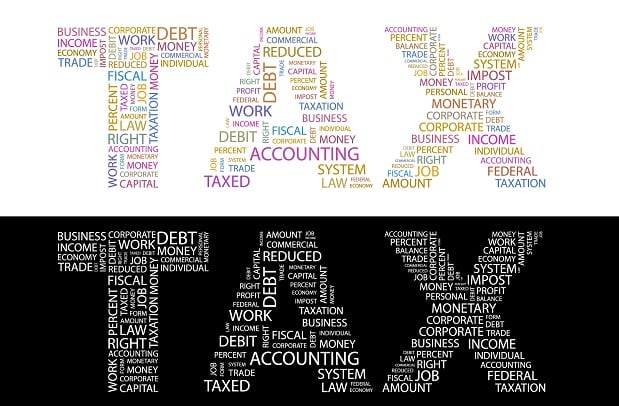 Even though individual investors receive separate account statements from brokerages that correctly show their gains and losses, many individual investors rely on the 1099-Bs to tell them how much tax they owe on profits and losses. (Photo: Shutterstock)
Even though individual investors receive separate account statements from brokerages that correctly show their gains and losses, many individual investors rely on the 1099-Bs to tell them how much tax they owe on profits and losses. (Photo: Shutterstock)
(Bloomberg) –Brokerage firms are sending tax statements to clients and the IRS with information that differs from the taxes investors ultimately owe, leading some filers to appear to owe tax on profits they never made.
The federal tax code contains two sets of IRS rules — one that defines what information on taxable gains and losses that brokerages must report to their clients and the IRS, and another that defines how individual taxpayers report those gains and losses on their returns.
Those conflicting rules mean that the brokerage statements — known as 1099-Bs — don't always reflect all of an investor's accounts or original costs. It's caused some investors to inadvertently draw the attention of government auditors.
Continue Reading for Free
Register and gain access to:
- Breaking benefits news and analysis, on-site and via our newsletters and custom alerts
- Educational webcasts, white papers, and ebooks from industry thought leaders
- Critical converage of the property casualty insurance and financial advisory markets on our other ALM sites, PropertyCasualty360 and ThinkAdvisor
Already have an account? Sign In Now
© 2024 ALM Global, LLC, All Rights Reserved. Request academic re-use from www.copyright.com. All other uses, submit a request to [email protected]. For more information visit Asset & Logo Licensing.








